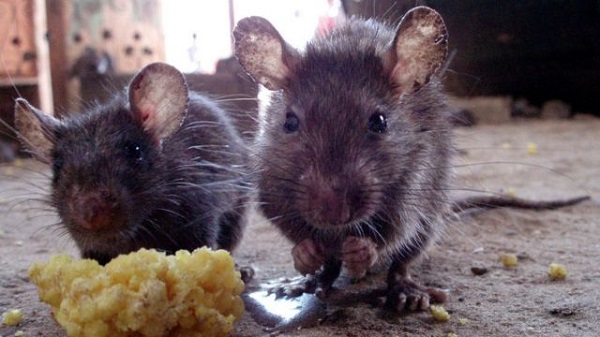
The Nigeria Centre for Disease Control and Prevention (NCDC) has issued a comprehensive public advisory on Lassa fever, urging Nigerians to adopt preventive measures as cases surge during the peak transmission season.
The NCDC’s director-general, Dr. Jide Idris disclosed the concerning trend during a briefing with newsmen on Monday in Abuja.
Idris described Lassa fever, an acute viral hemorrhagic fever caused by the Lassa virus, as a significant public health threat.
“The disease, endemic in Nigeria, is transmitted through contact with the urine, feces, saliva, or blood of infected rodents, particularly the multimammate rat, as well as through person-to-person contact with infected bodily fluids,” he explained.
He emphasised the importance of early detection, noting that the disease initially presents symptoms similar to malaria, including fever, headache, weakness, cough, nausea, vomiting and diarrhoea. In severe cases, it may lead to bleeding from body openings.
“Early diagnosis and treatment significantly improve survival rates,” he added.
The advisory outlined groups most at risk, including people living in rodent-infested areas, individuals consuming contaminated food, healthcare workers caring for patients without proper protective equipment and laboratory staff handling blood samples without precautions.
To curb the spread of Lassa fever, Idris provided key preventive measures for public safety:
– Keep homes and surroundings clean to eliminate breeding grounds for rodents.
– Seal holes and cracks to prevent rodents from entering homes.
– Store food in tightly sealed containers and avoid drying food items in the open.
– Avoid self-medication and seek immediate medical attention for early symptoms.
– Practice regular hand hygiene and maintain proper sanitation.
– Discourage bush burning and deforestation, which drive rodents into human habitats.
He also urged healthcare workers to remain vigilant, adhere strictly to infection prevention protocols and promptly report suspected cases to facilitate swift public health responses.
“The public is encouraged to call the NCDC’s toll-free line (6232) for assistance or report cases to the State Ministry of Health,” Idris advised.
He reassured Nigerians of the NCDC’s commitment to reducing the impact of Lassa fever through coordinated efforts, public awareness campaigns, and collaboration with stakeholders.

